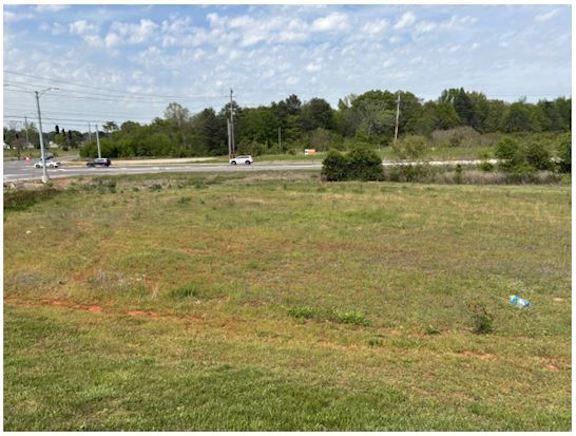Can rural America be great again?
Published 7:00 am Wednesday, November 6, 2019

- Mankato, Minnesota, Free Press Editor Joe Spear.
If you live in non-metro or rural America, you’ve been left behind by the economic boom cycle that came after the Great Recession. You also endured a more severe recession than people who live in bigger cities.
And if you live in a small town and people seem to be losing hope about good jobs or opportunity, your observations may be right.
Trending
A new study shows job growth in rural America and labor force participation — a proxy for hope — has fallen far behind urban areas. The Center for American Progress, a left-leaning think tank, compared objective U.S. Department of Agriculture data to measure employment growth and labor force participation rates in urban and rural America during and since the Great Recession.
The center says “economic restructuring” and “policy decisions” over several decades have “hollowed out opportunity across the United States and left many rural communities behind.”
This study may offer insight into why rural Americans voted overwhelmingly for President Donald Trump and his message of economic populism. And it also shows how things might play out for the president next year if the election is about pocketbook issues.
The data show rural America was hit harder by the recession than urban America and recovered much slower. The more rural the area, the harder it was hit and the slower it recovered.
The small counties between 2,000 and 20,000 population that were not adjacent to a metro county lost nearly 6 percent of their jobs during the 2007 to 2010 recession, according to the USDA data. And in the years after the recession from 2010 to 2017, average job growth in those same small counties was flat. No growth.
By contrast, urban counties with populations of 250,000 or more did much better. During the recession, those counties still actually grew jobs by 2 percent. For counties with 1 million or more residents, employment growth was 8.5 percent. After the recession, jobs in those counties grew by 6.2 percent and 11 percent.
Trending
Recovery was most dismal for counties of less than 2,000 population and not near a metro area. There, jobs declined by 3.73 percent during the recession and declined 1.18 percent even after the recession.
And we wonder why young people are leaving small towns.
Digging deeper, one can measure the opportunity gap experienced by workers during and after the recession by looking at labor force participation rates. Those measure what percent of the working-age population (16-64) actually have a job or are looking for one. While labor force participation rates peaked nationwide around the early 2000s at 67 percent, they’ve declined since then and even after the recession to near 63 percent.
Economists see labor force participation as critical because higher rates increase gross domestic product (GDP), bring in more taxes to support those who are not working and generally reduce dependency on government programs.
The news, again, is not good for small-town America. Labor force participation rates have declined 6 percent in non-metro counties since 2008, while metro areas maintained their participation rate.
Add to this bevy of economic problems the continual population loss and it’s clear to see why many think rural Amercia has been left behind.
Still, the Center for American Progress study offers a bit of hope on how rural areas can revitalize themselves. Unfortunately, or ironically, one of the solutions — immigration — has come under fire from the president and his followers.
Another solution — building social capital that is more easily developed in small towns — may also be problematic. Social capital is that asset that allows people to join together in common solutions to solve vexing problems. Today’s viperous politics has led neighbors away from associations they may had otherwise developed.
The idea that faltering rural America and small towns should see hope in policy directions that discourage and deplete immigration and call for all out political war among neighbors seems problematic at best and a recipe for extinction at worst.
Joe Spear is editor of the Mankato, Minnesota, Free Press. He can be reached at jspear@mankatofreepress.com. Follow him on Twitter @jfspear.





